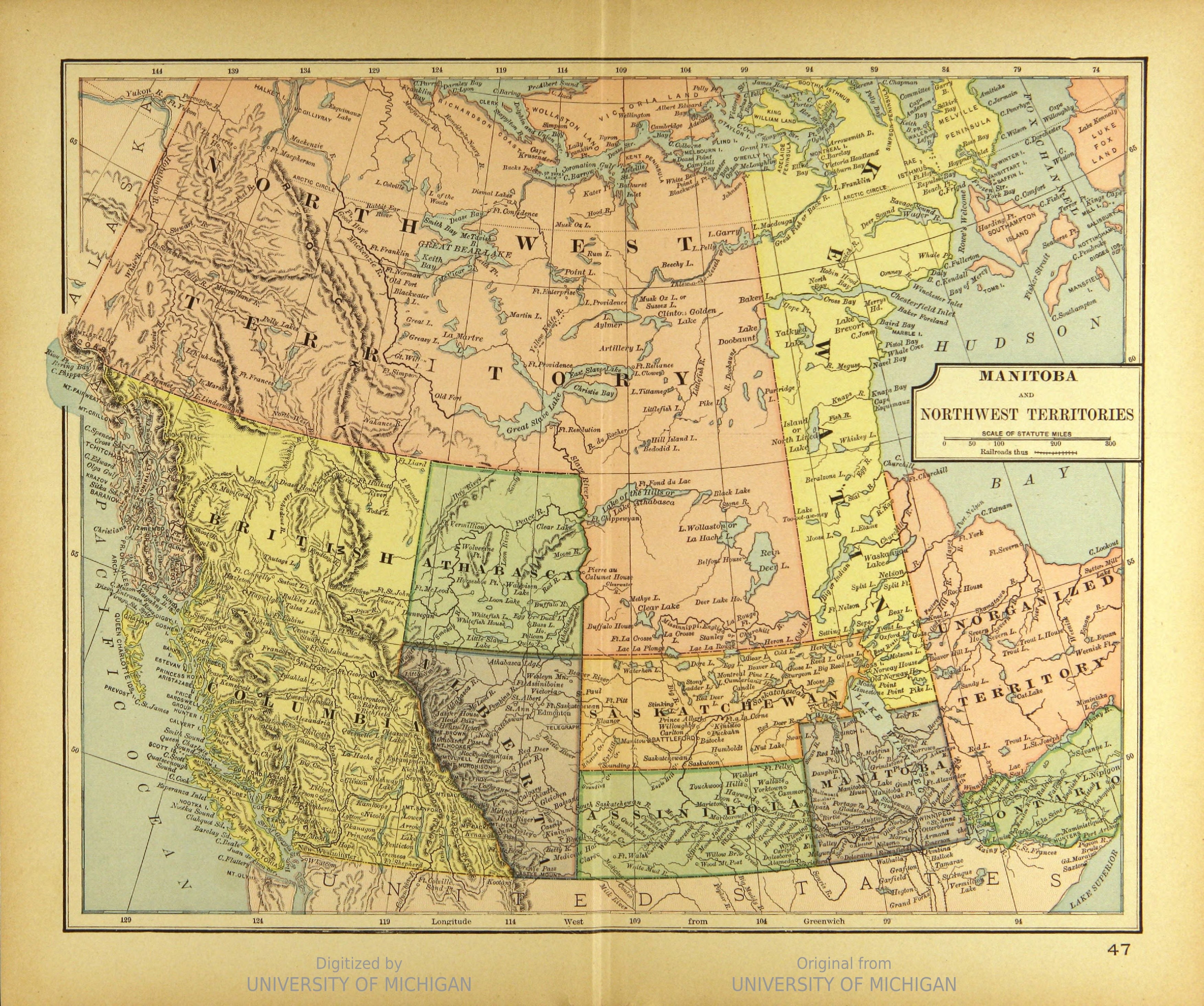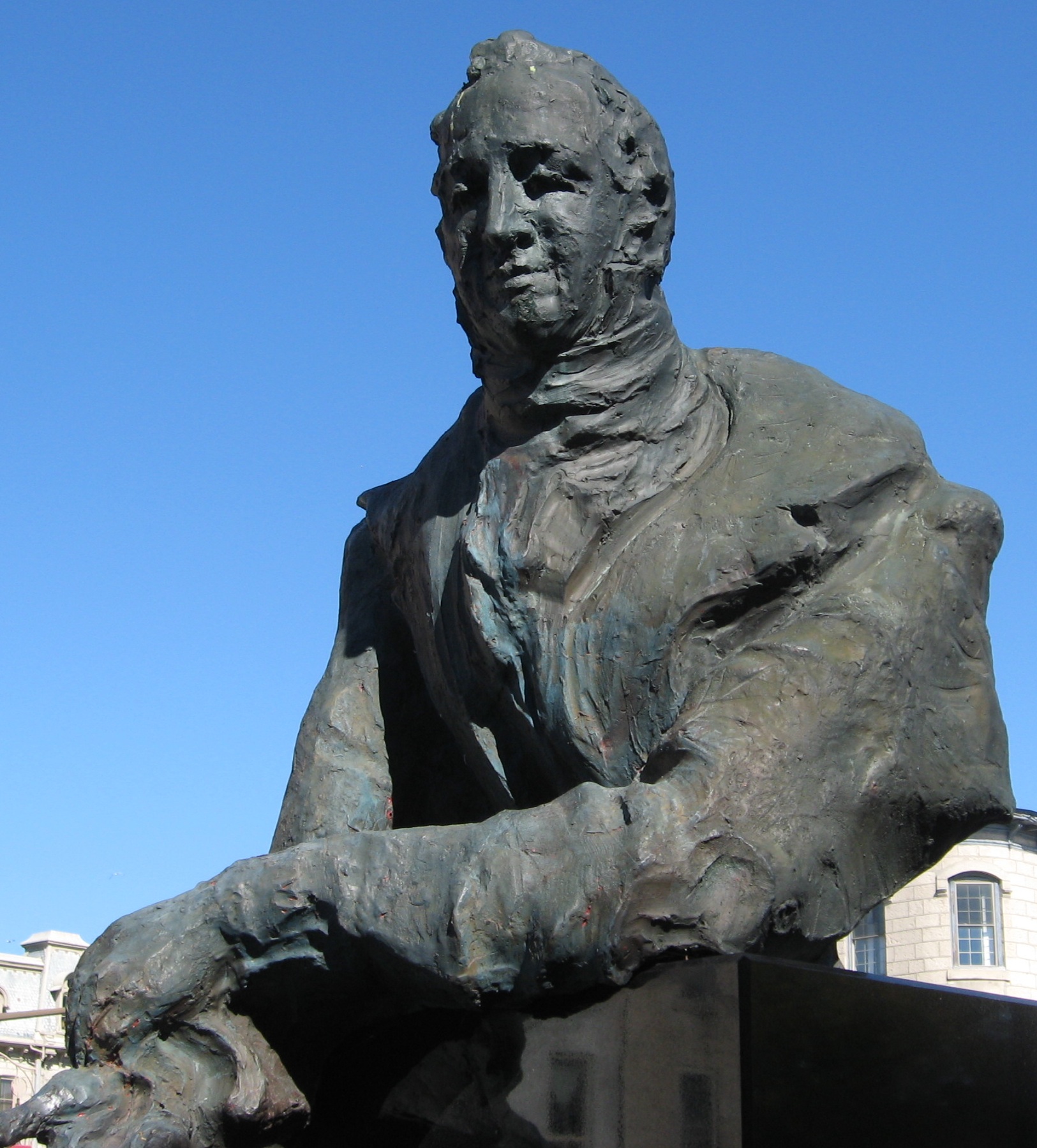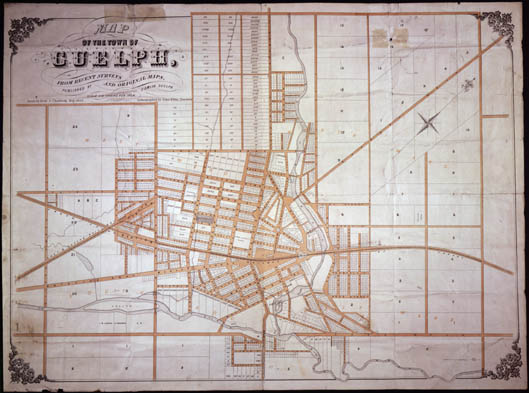|
Guelph Raid
The Guelph Raid was an incident that occurred at the St. Stanislaus Novitiate in Guelph, Ontario in 1918. While the novitiate was attended by the son of Charles Doherty, the Justice Minister of Canada. Canadian military officers surrounded it attempting to enforce the Military Service Act, causing a Royal Commission to be appointed by the Parliament of Canada in April 1919. Background The Military Service Act was passed in 1917 to increase the men enlisted to replace the casualties in World War I. When it was enforced in on 1 January 1918, riots broke out in Quebec in protest at the act. By April 1918, the government had amended the act so that most of the exemptions had been removed, such as those working on farms, except "clergy, including members of any recognised order of an exclusively religious character, and ministers of all religious denominations existing in Canada at the date of the passing of this Act." However, the question on when a clerical student becomes clerg ... [...More Info...] [...Related Items...] OR: [Wikipedia] [Google] [Baidu] |
Ignatius Jesuit Centre
Ignatius Jesuit Centre (formerly the St. Stanislaus Novitiate and Ignatius College) is a set of buildings in Guelph, Ontario. It features the Orchard Park Office Centre and the Loyola House Jesuit Retreat and Training Centre. It was founded in 1913 and the current buildings date from 1934. In 1918, St. Stanislaus Novitiate was attended by the son of the Minister of Justice (Canada), Justice Minister of Canada, Charles Doherty, so when Canadian military officers surrounded it attempting to enforce the Military Service Act (Canada), Military Service Act, the premises became the centre of a political scandal that became known as the Guelph Raid.Reynolds, Mark,The Guelph Raid: when police routed alleged World War I draft dodgers - including a cabinet minister's son - in a Catholic seminary in the heart of Orange Ontario, a national scandal erupted from ''Canada's History'', February 1, 2002, retrieved 9 July 2014 History Origin The idea of a Jesuit college in Guelph started in 1852 whe ... [...More Info...] [...Related Items...] OR: [Wikipedia] [Google] [Baidu] |
Western Canada
Western Canada, also referred to as the Western provinces, Canadian West or the Western provinces of Canada, and commonly known within Canada as the West, is a Canadian region that includes the four western provinces just north of the Canada–United States border namely (from west to east) British Columbia, Alberta, Saskatchewan and Manitoba. The people of the region are often referred to as "Western Canadians" or "Westerners", and though diverse from province to province are largely seen as being collectively distinct from other Canadians along cultural, linguistic, socioeconomic, geographic, and political lines. They account for approximately 32% of Canada's total population. The region is further subdivided geographically and culturally between British Columbia, which is mostly on the western side of the Canadian Rockies and often referred to as the " west coast", and the "Prairie Provinces" (commonly known as "the Prairies"), which include those provinces on the easter ... [...More Info...] [...Related Items...] OR: [Wikipedia] [Google] [Baidu] |
Conscription In Canada
{{conscription There is at present no military conscription in Canada. Conscription was implemented in Canada during the World War I, First and World War II, Second World Wars, for men of military age and fitness. Conscription crises *Conscription Crisis of 1917 *Conscription Crisis of 1944 See also *Military Service Act (Canada) Conscription in Canada, Conscription by country, Canada ... [...More Info...] [...Related Items...] OR: [Wikipedia] [Google] [Baidu] |
1918 In Ontario
This year is noted for the end of the World War I, First World War, on the eleventh hour of the eleventh day of the eleventh month, as well as for the Spanish flu pandemic that killed 50–100 million people worldwide. Events Below, the events of World War I have the "WWI" prefix. January * January – 1918 flu pandemic: The "Spanish flu" (influenza) is first observed in Haskell County, Kansas. * January 4 – The Finnish Declaration of Independence is recognized by Russian Soviet Federative Socialist Republic, Soviet Russia, Sweden, German Empire, Germany and France. * January 9 – Battle of Bear Valley: U.S. troops engage Yaqui people, Yaqui Native American warriors in a minor skirmish in Arizona, and one of the last battles of the American Indian Wars between the United States and Native Americans. * January 15 ** The keel of is laid in Britain, the first purpose-designed aircraft carrier to be laid down. ** The Red Army (The Workers and Peasants Red Army) ... [...More Info...] [...Related Items...] OR: [Wikipedia] [Google] [Baidu] |
History Of Guelph
Guelph ( ; 2021 Canadian Census population 143,740) is a city in Southwestern Ontario, Canada. Known as "The Royal City", Guelph is roughly east of Kitchener and west of Downtown Toronto, at the intersection of Highway 6, Highway 7 and Wellington County Road 124. It is the seat of Wellington County, but is politically independent of it. Guelph began as a settlement in the 1820s, established by Scotsman John Galt, who was in Upper Canada as the first Superintendent of the Canada Company. He based the headquarters, and his home, in the community. The area – much of which became Wellington County – had been part of the Halton Block, a Crown Reserve for the Six Nations Iroquois. Galt would later be considered as the founder of Guelph. For many years, Guelph ranked at or near the bottom of Canada's crime severity list. However, the 2017 Crime Severity Index showed a 15% increase from 2016. Guelph has been noted as having one of the lowest unemployment rates in the ... [...More Info...] [...Related Items...] OR: [Wikipedia] [Google] [Baidu] |
Canada's History
''Canada's History'' () is the official magazine of Canada's National History Society. It is published six times a year and aims to foster greater popular interest in Canadian history. Founded as ''The Beaver'' in 1920 by the Hudson's Bay Company (HBC), the magazine was acquired by the Society in 1994. It remains partially funded by HBC and the Government of Canada. Subject matter includes all aspects of Canadian history. In 2011, it was named a finalist for "Magazine of the Year" at the National Magazine Awards. The youth edition of the magazine is called ''Kayak: Canada’s History Magazine for Kids'' (). History ''The Beaver'' was founded in 1920 as part of the Hudson's Bay Company's 250th anniversary celebrations. It was seen as a staff publication "devoted to the Interests of Those Who Serve the Hudson's Bay Company." The first issue appeared in October 1920, under the banner, ''The Beaver, A Journal of Progress''—the "successful name" in a staff competition. Five tho ... [...More Info...] [...Related Items...] OR: [Wikipedia] [Google] [Baidu] |
Guelph
Guelph ( ; 2021 Canadian Census population 143,740) is a city in Southwestern Ontario, Canada. Known as "The Royal City", Guelph is roughly east of Kitchener and west of Downtown Toronto, at the intersection of Highway 6, Highway 7 and Wellington County Road 124. It is the seat of Wellington County, but is politically independent of it. Guelph began as a settlement in the 1820s, established by Scotsman John Galt, who was in Upper Canada as the first Superintendent of the Canada Company. He based the headquarters, and his home, in the community. The area – much of which became Wellington County – had been part of the Halton Block, a Crown Reserve for the Six Nations Iroquois. Galt would later be considered as the founder of Guelph. For many years, Guelph ranked at or near the bottom of Canada's crime severity list. However, the 2017 Crime Severity Index showed a 15% increase from 2016. Guelph has been noted as having one of the lowest unemployment rates in t ... [...More Info...] [...Related Items...] OR: [Wikipedia] [Google] [Baidu] |
Montreal Gazette
The ''Montreal Gazette'', formerly titled ''The Gazette'', is the only English-language daily newspaper published in Montreal, Quebec, Canada. Three other daily English-language newspapers shuttered at various times during the second half of the 20th century. It is one of the French-speaking province's last two English-language dailies; the other is the ''Sherbrooke Record'', which serves the anglophone community in Sherbrooke and the Eastern Townships southeast of Montreal. Founded in 1778 by Fleury Mesplet, ''The Gazette'' is Quebec's oldest daily newspaper and Canada's oldest daily newspaper still in publication. The oldest newspaper overall is the English-language ''Quebec Chronicle-Telegraph'', which was established in 1764 and is published weekly. History Fleury Mesplet founded a French-language weekly newspaper called ''La Gazette du commerce et littéraire, pour la ville et district de Montréal'' on June 3, 1778. It was the first entirely French-language newspaper i ... [...More Info...] [...Related Items...] OR: [Wikipedia] [Google] [Baidu] |
Department Of Justice (Canada)
The Department of Justice (french: Ministère de la Justice) is a department of the Government of Canada that represents the Canadian government in legal matters. The Department of Justice works to ensure that Canada's justice system is as fair, accessible and efficient as possible. The department helps the federal government to develop policy and to draft and reform laws as needed. At the same time, it acts as the government's legal adviser, providing legal counsel and support, and representing the Government of Canada in court. The department's responsibilities reflect the double role of the Minister of Justice, who is also by law the Attorney General of Canada: in general terms, the Minister is concerned with the administration of justice, including policy in such areas as criminal law, family law, human rights law, and Aboriginal justice; the Attorney General is the chief law officer of the Crown, responsible for conducting all litigation for the federal government. While th ... [...More Info...] [...Related Items...] OR: [Wikipedia] [Google] [Baidu] |
Parliament Of Canada
The Parliament of Canada (french: Parlement du Canada) is the federal legislature of Canada, seated at Parliament Hill in Ottawa, and is composed of three parts: the King, the Senate, and the House of Commons. By constitutional convention, the House of Commons is dominant, with the Senate rarely opposing its will. The Senate reviews legislation from a less partisan standpoint and may initiate certain bills. The monarch or his representative, normally the governor general, provides royal assent to make bills into law. The governor general, on behalf of the monarch, summons and appoints the 105 senators on the advice of the prime minister, while each of the 338 members of the House of Commons – called members of Parliament (MPs) – represents an electoral district, commonly referred to as a ''riding'', and are elected by Canadian voters residing in the riding. The governor general also summons and calls together the House of Commons, and may prorogue or dissolve Parliament, ... [...More Info...] [...Related Items...] OR: [Wikipedia] [Google] [Baidu] |
Orange Order
The Loyal Orange Institution, commonly known as the Orange Order, is an international Protestant fraternal order based in Northern Ireland and primarily associated with Ulster Protestants, particularly those of Ulster Scots heritage. It also has lodges in England, Scotland and the Republic of Ireland, as well as in parts of the Commonwealth of Nations, Togo and the United States. The Orange Order was founded by Ulster Protestants in County Armagh in 1795, during a period of Protestant–Catholic sectarian conflict, as a fraternity sworn to maintain the Protestant Ascendancy in Ireland. It is headed by the Grand Orange Lodge of Ireland, established in 1798. Its name is a tribute to the Dutch-born Protestant king William of Orange, who defeated Catholic king James II in the Williamite–Jacobite War (16881691). The order is best known for its yearly marches, the biggest of which are held on or around 12 July (The Twelfth), a public holiday in Northern Ireland. The Orange O ... [...More Info...] [...Related Items...] OR: [Wikipedia] [Google] [Baidu] |
Guelph, Ontario
Guelph ( ; 2021 Canadian Census population 143,740) is a city in Southwestern Ontario, Canada. Known as "The Royal City", Guelph is roughly east of Kitchener and west of Downtown Toronto, at the intersection of Highway 6, Highway 7 and Wellington County Road 124. It is the seat of Wellington County, but is politically independent of it. Guelph began as a settlement in the 1820s, established by Scotsman John Galt, who was in Upper Canada as the first Superintendent of the Canada Company. He based the headquarters, and his home, in the community. The area – much of which became Wellington County – had been part of the Halton Block, a Crown Reserve for the Six Nations Iroquois. Galt would later be considered as the founder of Guelph. For many years, Guelph ranked at or near the bottom of Canada's crime severity list. However, the 2017 Crime Severity Index showed a 15% increase from 2016. Guelph has been noted as having one of the lowest unemployment rates in the ... [...More Info...] [...Related Items...] OR: [Wikipedia] [Google] [Baidu] |





.jpg)

